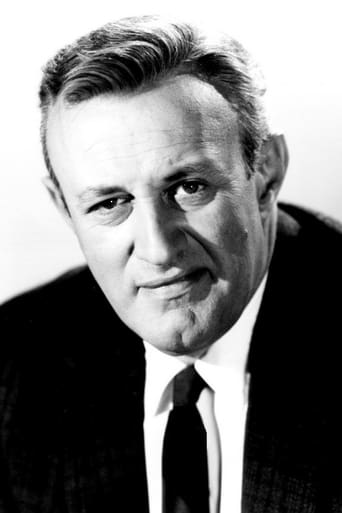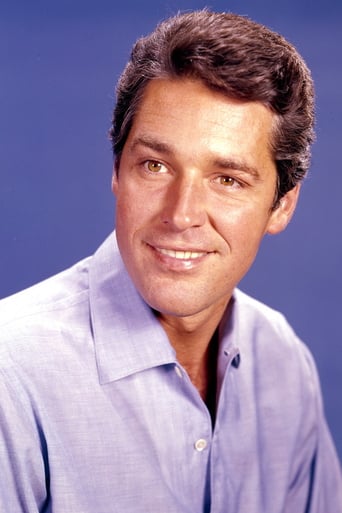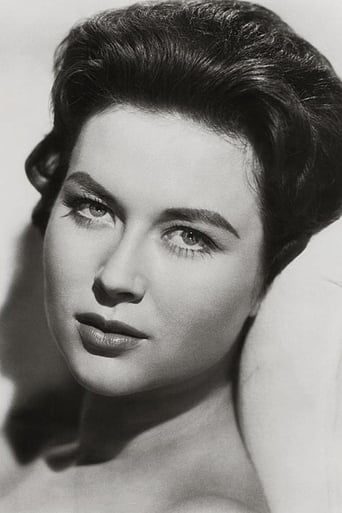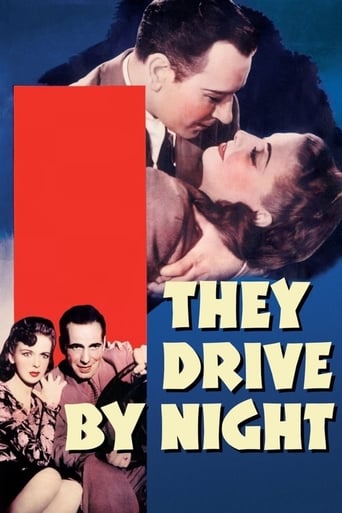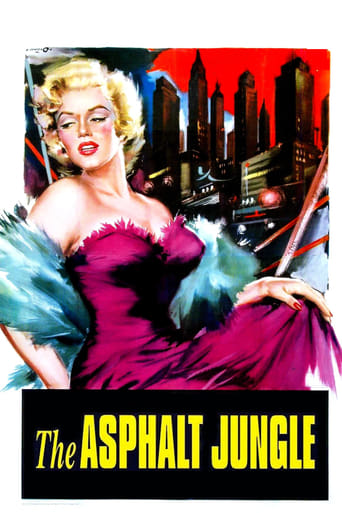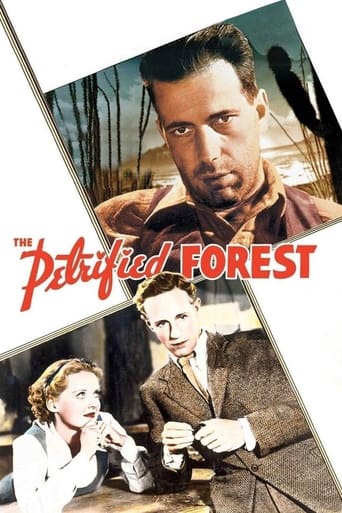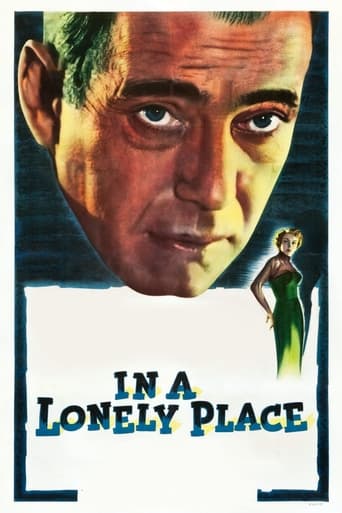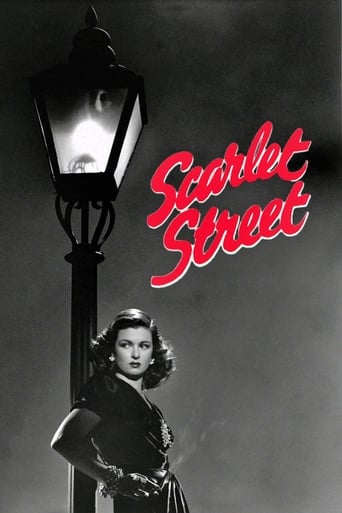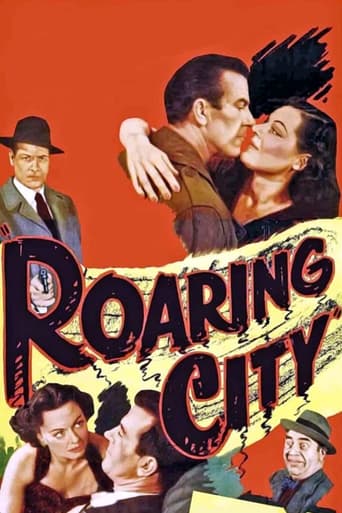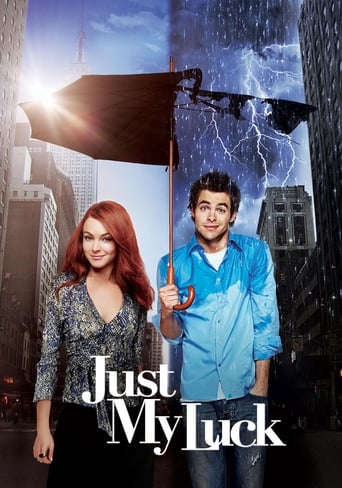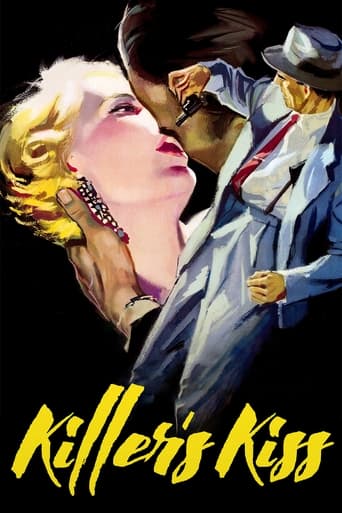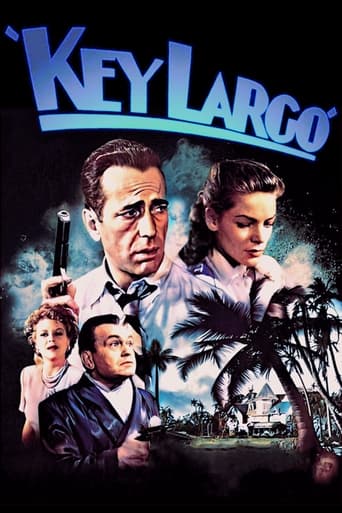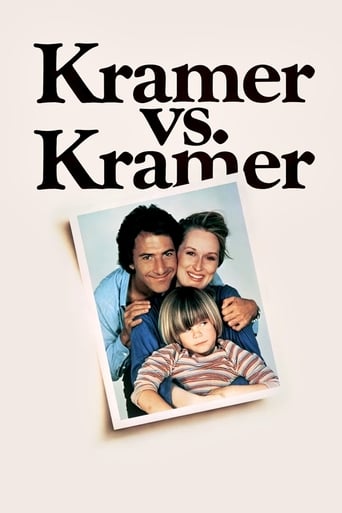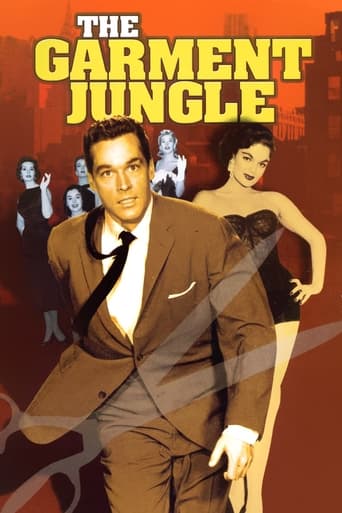
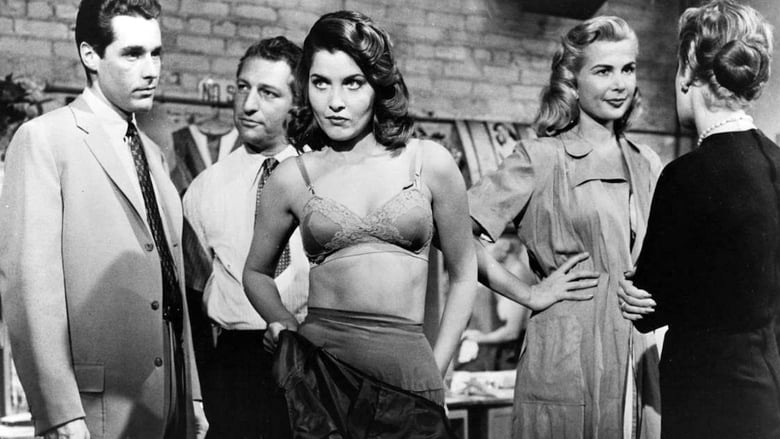
The Garment Jungle (1957)
Alan Mitchell returns to New York to work for his father Walter, the owner of a fashion house that designs and manufactures dresses. To stay non-union, Walter has hired Artie Ravidge, a hood who uses strong-arm tactics to keep the employees in line.
Watch Trailer
Cast


Similar titles
Reviews
Powerful
This film is so real. It treats its characters with so much care and sensitivity.
By the time the dramatic fireworks start popping off, each one feels earned.
The movie's neither hopeful in contrived ways, nor hopeless in different contrived ways. Somehow it manages to be wonderful
The struggle for the worker to get a decent living wage with a few benefits has been removed from the consciousness of the proletariat since Ronald Reagan broke the ATC union in the eighties. Since then the populace has been persuaded into believing that the worker is best left to the trickle down generosity of the employer. This film is a throwback to that struggle and has a message packed with a powerhouse persona of greed, violence, and suppression. It utilizes realistic on location street photography to give a hard boiled and bitter verisimilitude. There are other flashes of "realism" not usually found in typical Hollywood films. Some very slick indoor photography and gripping performances throughout deliver this expose in a package marked "stay out of it, or its your baby's legs next". Tough stuff for the conservative, establishment, 1950's.
**SOILERS** With a steel-like grip on the New York City garment industry mobster Artie Ravidge, Richard Boone,has been running a protection racket taking in as much as $2,000.00 a month from clothes manufactures. That's to make sure that their business don't end up being burned by his hoods.The last thing that Ravidge wants is that the garment workers unionize thus putting him and his hoods out of business. It's when Ravidge has the president of Roxton Fashions Walter Mitchell's, Lee J. Cobb, partner and good friend Fred Kenner, (Robert Ellestein), who's in favor of unionizing the workers, killed in an elevator accident that Mitchell starts to have doubts about his relationship with him. Things get even more strained for Mitchell when his son Allan, Kerwin Mathews, shows up-after being away for some time in Europe-to help in running his garment business.Seeing what Ravidge has been doing in strong-arming the workers in preventing them from forming a union Allan decides to throw his lot in with firebrand union organizer Tulio Renata, Robert Loggia. It's when Tulio is later murdered by Ravidge's, with the help of a number of turncoats union members, thugs that even the wimpy Walter Mitchell decides that enough is enough in his having Ravidge, as a silent partner, run his garment business. But by then it's too late for Mitchell to turn evidence in his secret logs that he's been keeping, recoding all he shady deals he's had with Ravidge over the years, without him implicating himself!This is all ironed out by Ravidge himself in him having Mitchell murdered when he started shooting off his mouth in him unionizing his work force. This also had Allan together with the late Tulio's wife Theresa, Gia Scala, get their hands on Mitchel's logs and then try to get them into the hands of the city's District Attorneys office. That's if Ravidge who has everything to lose, including his freedom, allows them to do it!***SPOILERS*** Even though he was killed off early in the movie Tulio Renata was undoubtedly the one person who ended up putting the Ravidge mob behind bars. The fact that Tulio put his life on the line, and ended up losing it, gave the mostly intimidated workers the push that they needed to not only organize but throw Ravidge and his boys out of the garment industry. As for Allan he soon took up the torch that Tulio dropped and, by risking his life, got the goods-his father's secret logs-that not only exposed Ravidge's murderous protection racket but had him arrested indited and finally convicted for the many crimes that he committed.
I'm in total agreement with the other reviewers here. This is a sharply-made film about a battle at a garment factory over unionization with terrific performances from Lee J. Cobb, a young Robert Loggia, and a menacing Richard Boone as a union buster. Kerwin Mathews gives only a passable lead performance, but then again his novice acting sort of fits his role as an outsider, which was necessary to give the audience a view of the garment industry from an outsider's perspective. Whether or not one scene or another was directed by Sherman or Aldrich makes little difference - the movie fits together fantastically, and has aged quite well. This movie would make a fine contrast to Paul Schrader's excellent 1978 expose movie "Blue Collar", which took an opposing negative view of the union.
In 1956, in broad daylight in midtown Manhattan, labor columnist Victor Riesel, who had written an expose of corruption in a Long Island union, was blinded by a bottle of acid flung into his face. This was the brutal New York battleground in which the aptly named The Garment Jungle took place the following year, a tough and absorbing drama about the fight to unionize the rag trade.Lee J. Cobb runs a women's-dresses firm; his ardently pro-labor partner, in the opening moments of the film, plummets to his death down a freight elevator shaft. It was no accident. Proud entrepreneur Cobb, though shaken, persists in his campaign to keep unions out of his shop by paying protection to a ruthless mobster (Richard Boone). Cobb's son (Kerwin Matthews) returns from a stay in Europe and, sympathizing with the piece-work jobbers, starts poking his nose into his father's business arrangements. He befriends a union organizer (Robert Loggia) who meets with a knife in an alley. Ultimately even Cobb comes to realize he's been dancing with the devil and tries to break off his alliance with Boone, who in turn unleashes his standard retaliation. But Matthews discovers the location of ledgers recording the history pay-offs....Vincent Sherman, a veteran of both Bette Davis and Joan Crawford, directed, with some measure of assistance from Robert Aldrich. But here no divas reign; both Gia Scala and Valerie French take subsidiary roles, if not small ones. Hard guys dominate the movie, as they did in On The Waterfront, another look at New York City's labor relations (while nowhere near as mythic as that epic, The Garment Jungle matches it in brutality and in an unapologetically leftist point of view).The movie boasts clarity and pace; there's even some nicely observed detail. Early scenes in the factory cleave into an upstairs/downstairs dichotomy: the jobbers sweat and toil for a pittance while the fashion models step into and out of elegant frocks (but, in malicious asides, the models grouse about being exploited as `escorts' for out-of-town buyers looking for a big night in the Big Apple). With the exception of the merely serviceable Matthews (whose young career stumbled after this movie and never regained its footing), the cast is notably fine. Cobb reins in his basso-profundo growl and curmudgeonly shtik, while Boone, Loggia (in his credited debut) and Joseph Wiseman (as a union stoolie) give restrained, convincing performances. Moments when the script threatens to go treacly are swiftly undercut by violence, and the movie never wavers from its plea on behalf of men and women risking their very lives to fight for a living wage. It's a stance that will strike many as hopelessly dated, in an era when Americans aspire to the status of stockholders; maybe that accounts for the obscurity of a bold and unsentimental film from late in the noir cycle that is brazen enough to make an overt political statement.


